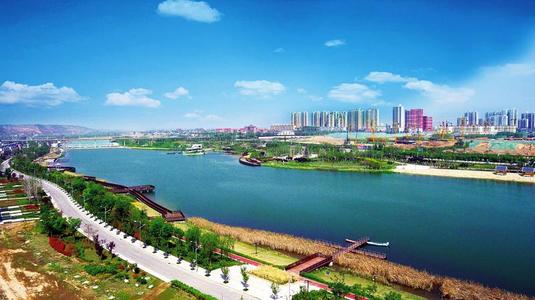
Recent evidence from the IMF, mainly from OECD countries, provides evidence for these effects.
First, a 1% increase in public infrastructure investment can augment GDP by an average 0.4% in the same year and 1.5% over 4 years. Second, public investment does not substitute for private investment but rather crowds it in. Third, employment increases by up to 0.3% for the same level of investment. And fourth, in well governed cities and regions, that investment can reduce public sector debt-to-GDP by up to 4% in the first four years. The evidence from developing economies tells a similar story, but is much more variable than in advanced economies, with estimates tending to be lower.
That last point is very important, as it suggests that economies grow more than the level of spending required to increase the output, and possibly also that governments use their increased tax revenues to pay down existing debt. The implications for tax growth and tax revenue are thus likely to be positive for debt sustainability in developing economies.
There is a very rich literature on these questions, with varying estimates of impact, but a general consensus has emerged that virtuous circles exist and can be supported through public investment policy. The supporting roles played in infrastructure planning, financing, and governance are thus crucial determinants of the economic development path.
转发0评论77